EDITORIAL
Published on 28 Nov 2024
Editorial: Serum metabolites in diagnostics and therapeutics
doi 10.3389/fmolb.2024.1528799
- 314 views
10k
Total downloads
47k
Total views and downloads
You will be redirected to our submission process.
EDITORIAL
Published on 28 Nov 2024
ORIGINAL RESEARCH
Published on 08 Aug 2024
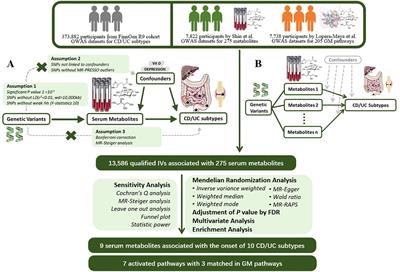
ORIGINAL RESEARCH
Published on 25 Apr 2024
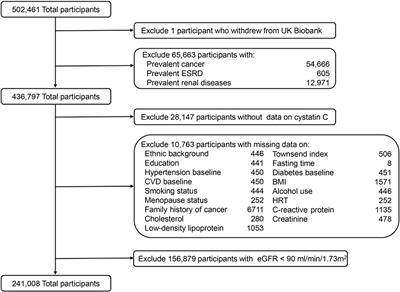
ORIGINAL RESEARCH
Published on 07 Feb 2024
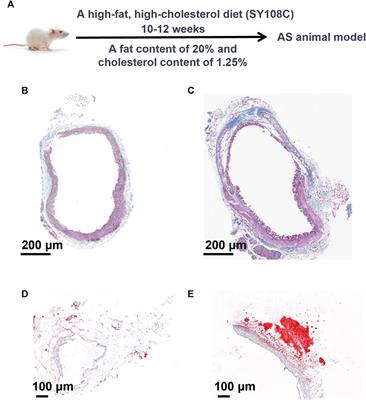
ORIGINAL RESEARCH
Published on 12 Sep 2023
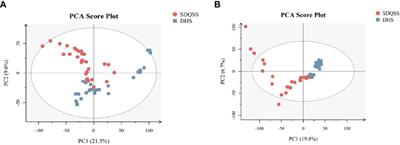
ORIGINAL RESEARCH
Published on 12 Jul 2023
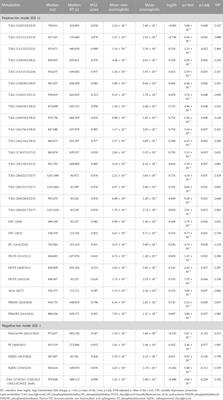
ORIGINAL RESEARCH
Published on 04 May 2023
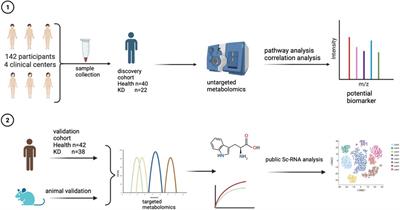
ORIGINAL RESEARCH
Published on 19 Apr 2023
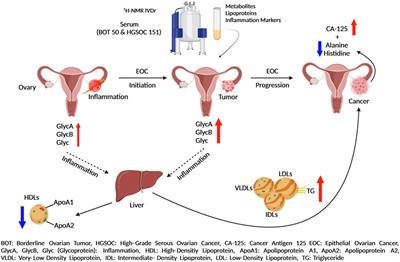
ORIGINAL RESEARCH
Published on 08 Apr 2022
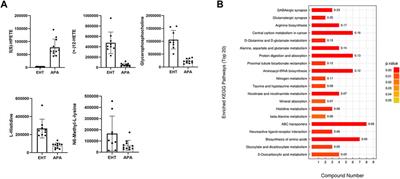
ORIGINAL RESEARCH
Published on 21 May 2021
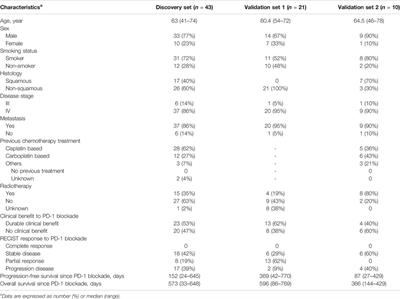
ORIGINAL RESEARCH
Published on 01 Nov 2019

